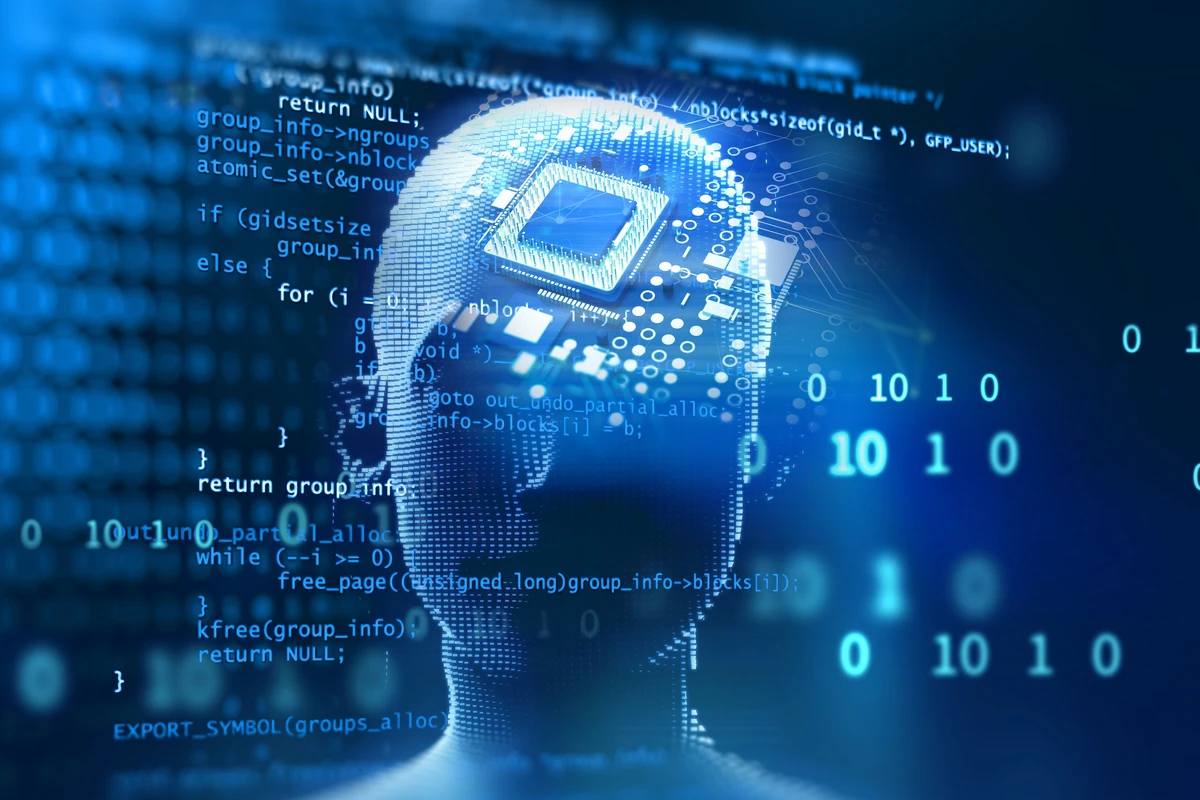Value
Artificial intelligence (AI) technologies can be used to augment our understanding of families in a number of ways. For example, AI can be used to:
- Analyze large datasets of data on families. AI can be used to identify patterns and trends in data that would be difficult or impossible to identify manually.
- Generate new insights into family life. AI can be used to generate new hypotheses and theories about family life, which can then be tested through further research.
- Improve the accuracy of our predictions about family behavior. AI can be used to develop more accurate predictive models of family behavior, which can be used to inform policy and practice.
One specific benefit of using AI technologies to learn about families is that AI can help us develop more professional language for discussing families. For example, AI can be used to identify and avoid using biased or stigmatizing language.
Cautions
While AI technologies offer a number of potential benefits, there are also some important cautions to keep in mind when using AI to learn about families.
- AI technologies may not provide accurate information. AI technologies are only as good as the data they are trained on. If the data is inaccurate or incomplete, the AI technology will not be able to provide accurate information.
- AI technologies may not be able to provide information that is linked to a specific source. This can make it challenging to confirm the accuracy of the data that the AI technology provides.
- AI technologies may be biased. AI technologies are trained on data that is collected from the real world. If the data is biased, the AI technology will also be biased.
Conclusion
AI technologies can be a valuable tool for learning about families in a given geographic region. However, it is important to be aware of the limitations of AI technologies and to use them with caution. All information in published reports will be reviewed for accuracy, but it is essential to be skeptical of the information provided by AI technologies and to verify its accuracy whenever possible.
Here are some additional tips for using AI technologies to learn about families:
- Use a variety of data sources. The more data sources you use, the more accurate your results may be.
- Be aware of the limitations of the data. If the data is inaccurate or incomplete, your results will also be inaccurate or incomplete.
- Be critical of the results. Don’t assume that the results provided by AI technology are accurate. Verify the results whenever possible.
- Be aware of the potential for bias. If you are concerned about bias, you can use techniques to mitigate bias, such as using multiple AI technologies or using human review.
By following these tips, you can minimize the risks and maximize the benefits of using AI technologies to learn about families.





